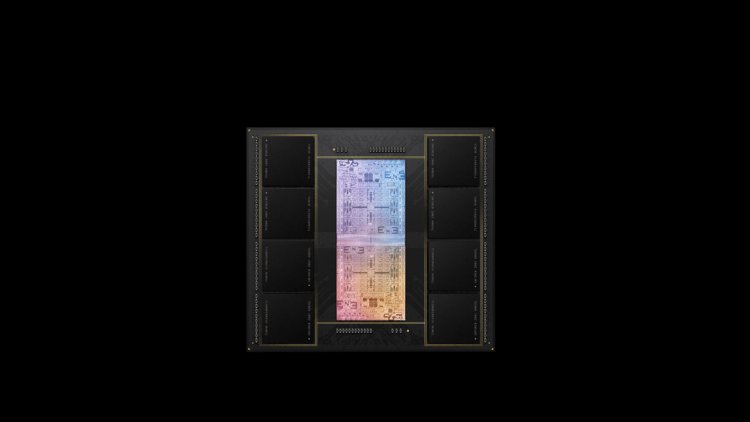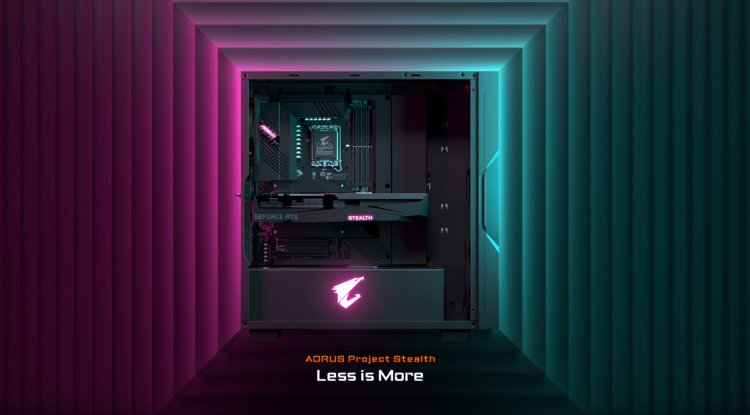Asahi, The Linux for Apple M1

Since the release of Apple Silicon, one of the ongoing questions has been whether or not using Linux on an Apple M1 is conceivable. And it makes sense, given that both operating systems, like Windows, are based on the x86 architecture of Apple's current CPUs. By discarding that architecture in favor of its own ARM implementation, Apple created a massive amount of work for developers who sought to port existing operating systems to the new Apple platform.
In the case of Windows, we previously informed you that, with Parallels, it was already possible to use Windows 10 and Windows 11 on a Mac with its new integration, but only through this software and not natively. What about the potential of running Linux natively on the Apple M1 without the need for this type of software? Although there hasn't been much movement in this area, we do have some excellent news.
For quite some time now, the Asahi Linux project has been in the works, and it has faced a number of challenges from the start, as our friends at MuyLinu x reported at the beginning of last year. Those in charge, however, have solved problems at their own pace, and as a clear illustration of their success, they declared last fall that they already had a primitive but functional version of the desktop. A very promising sign for those hoping to utilize Linux on the Apple M1, but it also showed that there was more work to be done.
And it is still like that now, but with a significant milestone achieved. And, as we can see from the project blog, the first version of Asahi Linux for Apple Silicon has already been launched, providing the first native alternative to utilize Linux on an Apple M1. Keep in mind that we are discussing an alpha, thus you should not utilize it in any form in a production team. The operating system is compatible with all computers that use an Apple chip, with the exception of the latest Mac Studio, which, as we recall, was the first to use the Apple M1 Ultra.
Unlike Apple smartphones and tablets, computers with the M1 chip allow the installation of unsigned kernels on the device, which has been proven since the debut of the first Apple Silicon, confirming that no jailbreak is required to install Asahi. And, in case you're wondering, yes, it is possible to install the alpha without deleting macOS, allowing you to run two operating systems simultaneously. Thus, it appears that the addition of the ability to use Linux on Apple M1 to the work of the Asahi project will make it a reality sooner rather than later.




























